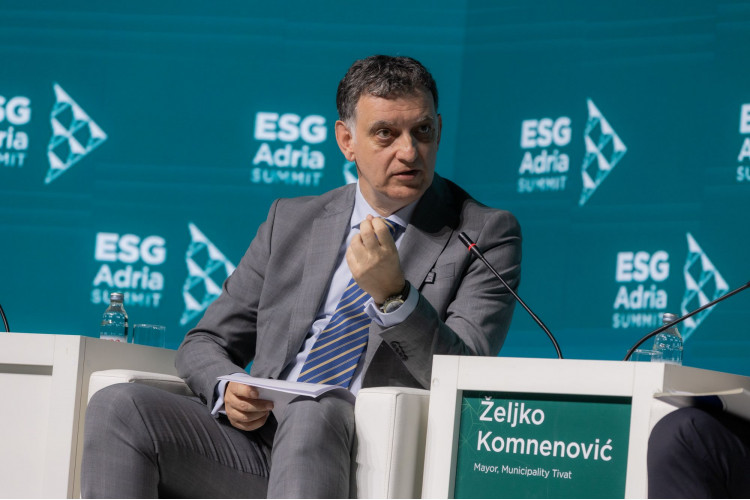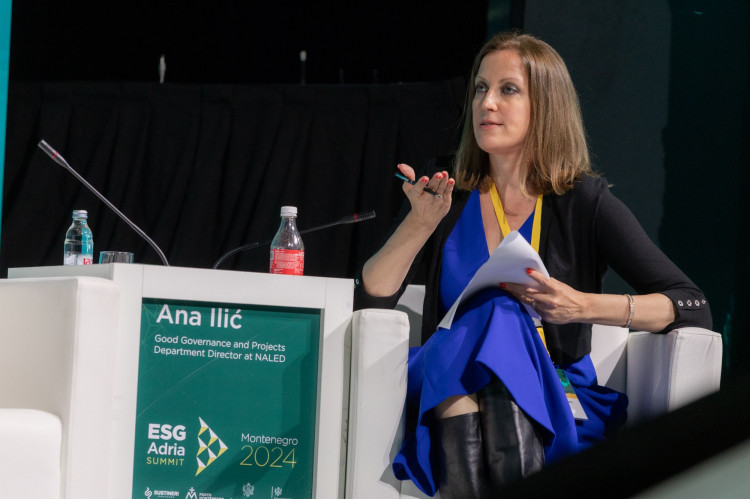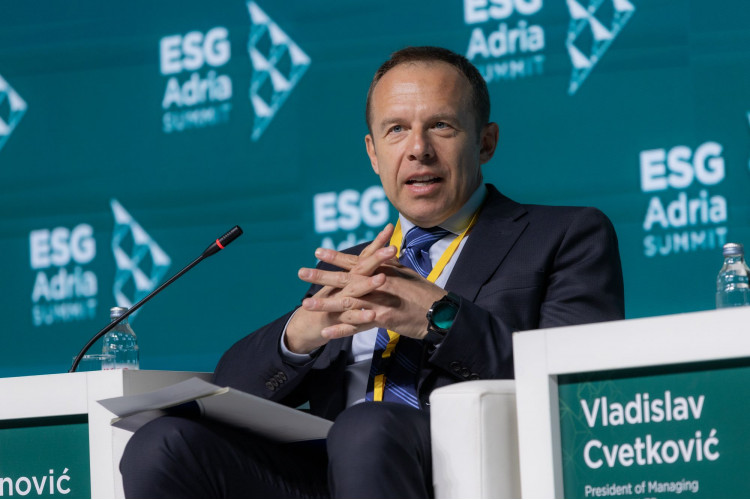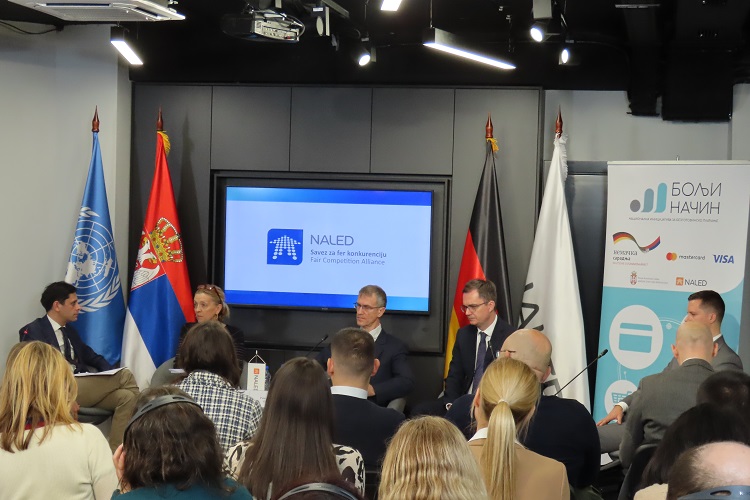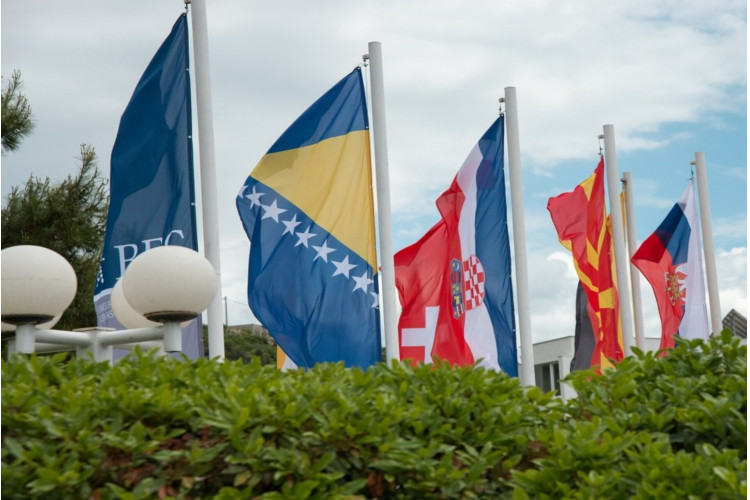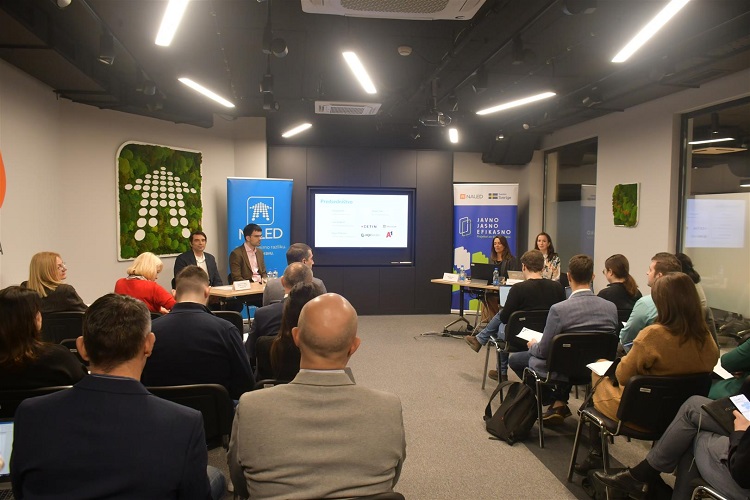Sustainable development is the answer to climate and economic challenges.
Digitalization of local services, improvement of public transportation, and continuous interaction with citizens are key priorities for sustainable urban development, concluded the panel discussion "Smart Cities and Green Transition: Shaping Sustainable Urban Futures," organized by NALED. This took place on the second day of the ESG Adria Summit, held in Tivat under the slogan "Act Now for a Sustainable Tomorrow."
Smart cities focus on implementing advanced technologies to enhance the efficiency of local services, promote sustainability, and improve the quality of life for their citizens. Ana Ilić, Director of the Department for Good Governance at NALED, discussed with her guests Ana Babić, Assistant at the Faculty of Economics, University of Rijeka, Vladislav Cvetković, President of the Board of Directors at NALED, and Željko Komnenović, Mayor of Tivat, about how technology can shape the future of cities.
As an organization that brings together representatives from the public, private, and civil sectors, NALED advocates for the promotion of sustainable development, with an increasing focus on the adoption of this working model by local governments and companies.
According to Vladislav Cvetković, just as there are ESG criteria used to assess the "desirability" of a company as an employer, communities and what they offer will also be evaluated not only in terms of favorable business climate for investment but also through conditions for living and a healthy environment.
In Croatia, over 70% of investments in local governments come from European funds, which Ana Babić sees as one of the greatest advantages of EU membership.
Furthermore, Ana Babić highlighted that the most developed cities are not necessarily the largest, citing examples of Rijeka and Dubrovnik, which have been winning in the Smart City category for years in the selection of the best cities organized by Jutarnji list, gradonačelnik.hr portal, and Ipsos agency.
A similar example is provided by Tivat, according to Mayor Željko Komnenović, who emphasized the transformation the city has undergone in the last 15 years, from a small industrial town with 8,000 inhabitants to a high-level tourist destination, where the number of residents has doubled.
The panel also discussed the importance of public-private partnerships for the smart city agenda in the region, as well as the reforms needed to support smart city initiatives at the local level.
It was noted that skills shortages, infrastructure, and technological deficiencies can be major obstacles to the adoption of smart solutions in local governments, but stronger regional cooperation can help accelerate the transformation of the Southeast European region.
The ESG Adria Summit brought together more than 600 participants, focusing on topics such as sustainable financing, green transition, major regional investments, as well as expanding interest in areas such as artificial intelligence and startup development.

